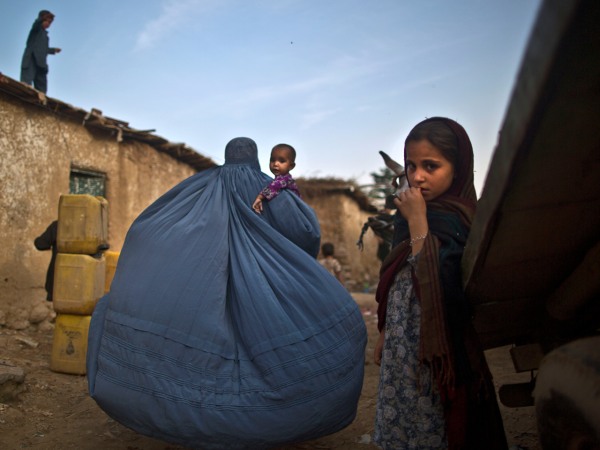At the UN, Obama asked whether it would have really been better to leave Gaddafi in charge of Libya. Can we get a final answer on that after we decide what to do about those 6,400 barrels of uranium?
The country was reportedly holding 6,400 barrels of the “yellowcake” uranium at a warehouse in Sabha. Foreign Minister Muhammad Abdul Aziz said his country “is trying to determine if the concentrated uranium can be used for peaceful nuclear energy purposes or sold to countries which use the product for peaceful purposes.”
The country was reportedly holding 6,400 barrels of the “yellowcake” uranium at a warehouse in Sabha. Foreign Minister Muhammad Abdul Aziz said his country “is trying to determine if the concentrated uranium can be used for peaceful nuclear energy purposes or sold to countries which use the product for peaceful purposes.”
An independent think tank in Tripoli, though, has reportedly advised the government to use the material in its nascent nuclear-power program, as well as for “industrial and agricultural development.”How secure is the city of Sabha? As secure as any place in Libya. Which is to say… not at all.
The prime minister said that armed men had just stormed a post office in the capital, Tripoli, taking employees hostage. A witness at the scene, speaking on condition of anonymity because of security concerns, told The Associated Press that the attackers were seeking to cut off mail to the southern city of Sabha in retaliation for a rival tribe from Sabha cutting off the water supply to Tripoli for a week, forcing hospitals and homes to rely on wells and large tanks.How can they not be trusted with 6,400 barrels of uranium? Libya isn’t a functioning country, it’s a slow motion tribal war with the Muslim Brotherhood frantically trying to climb on top of the pile.






